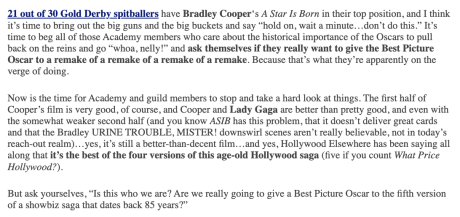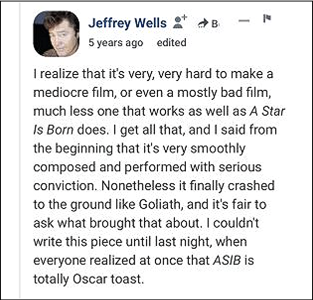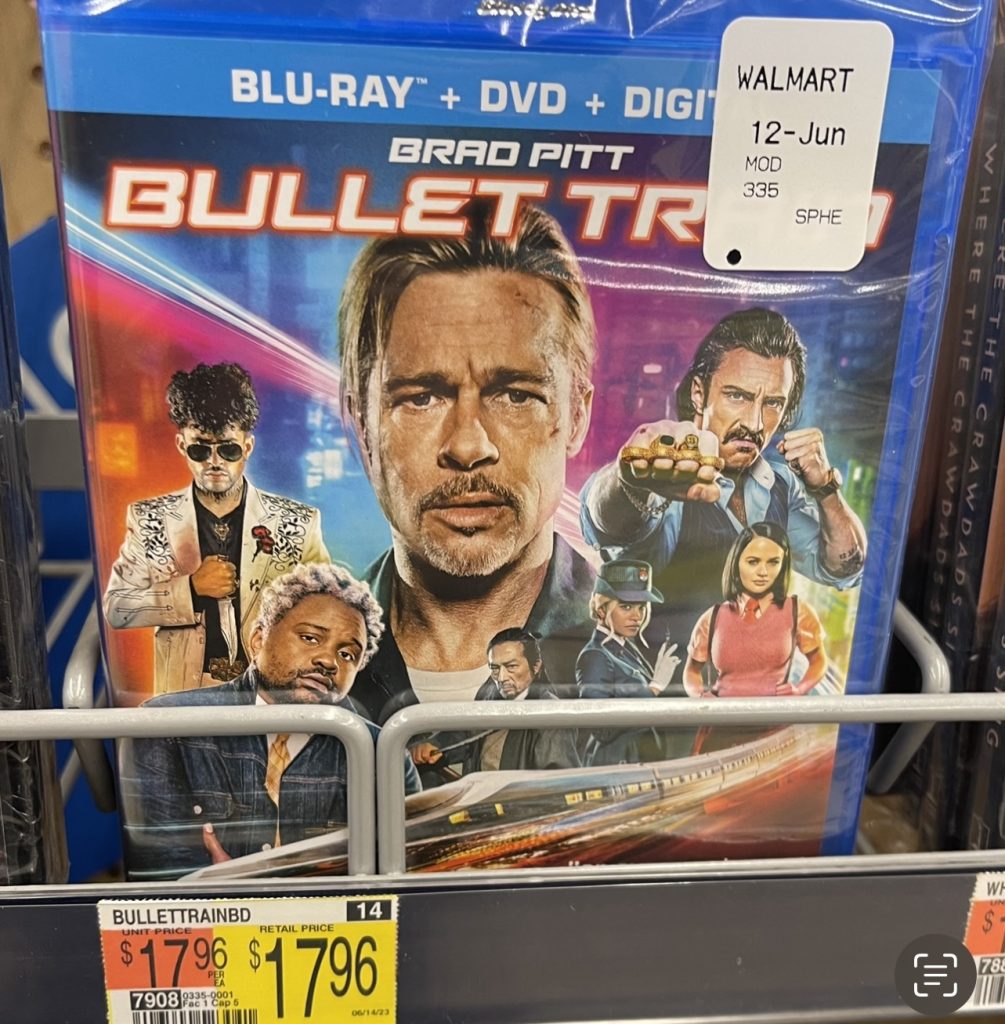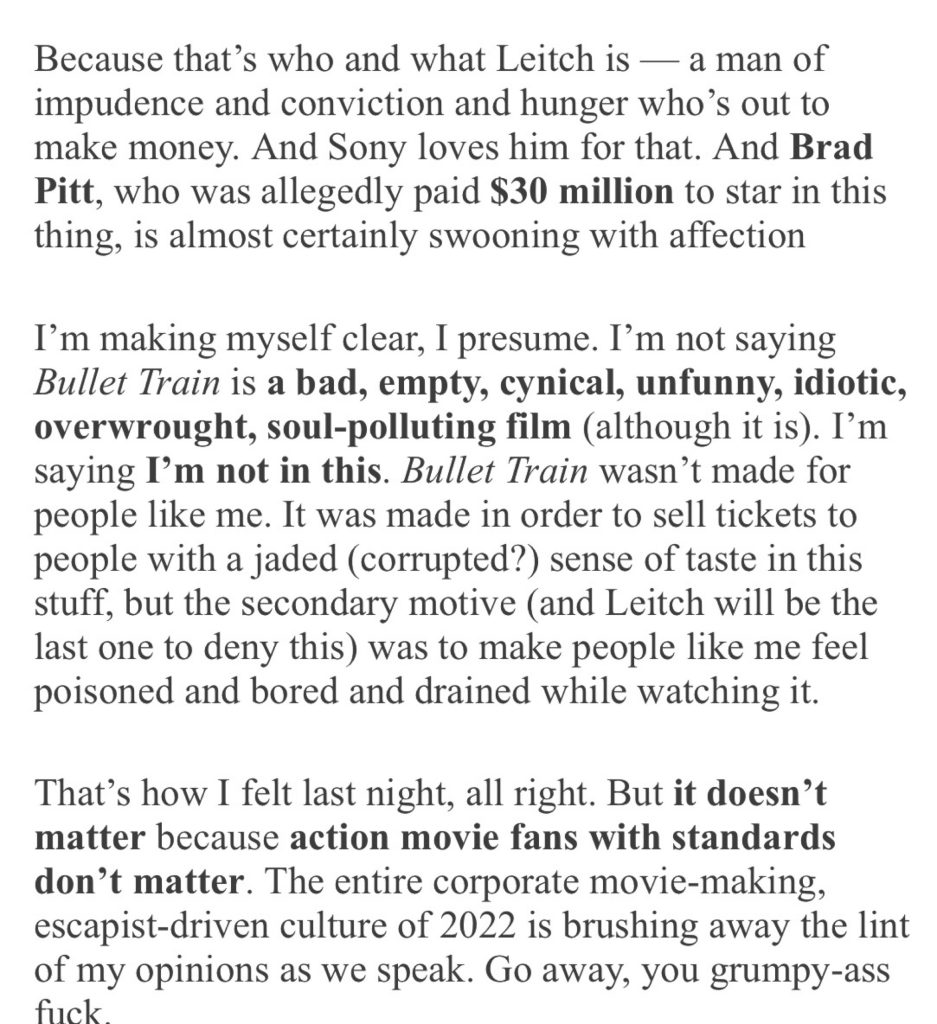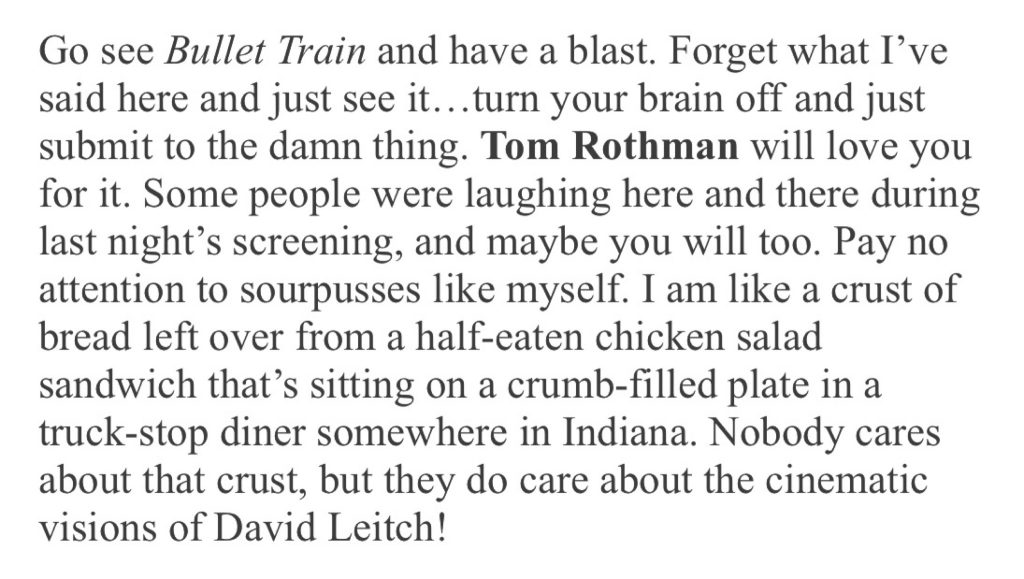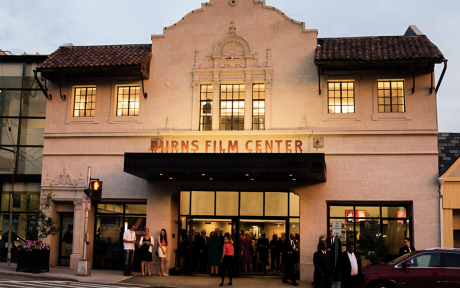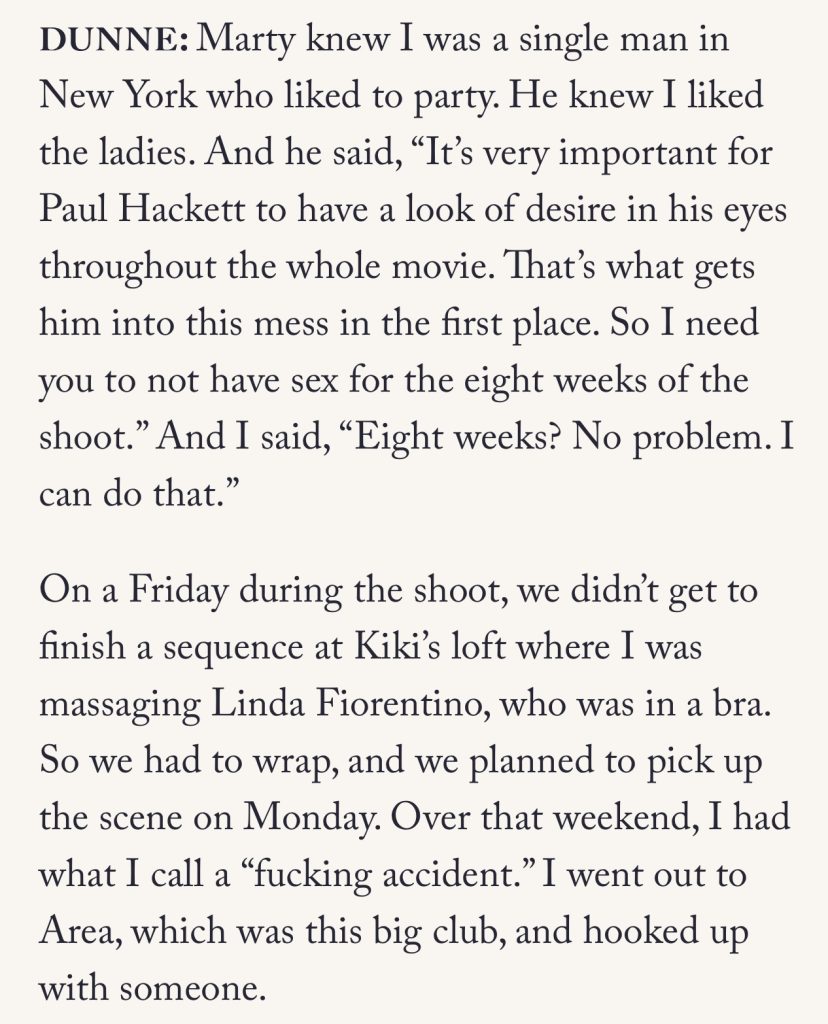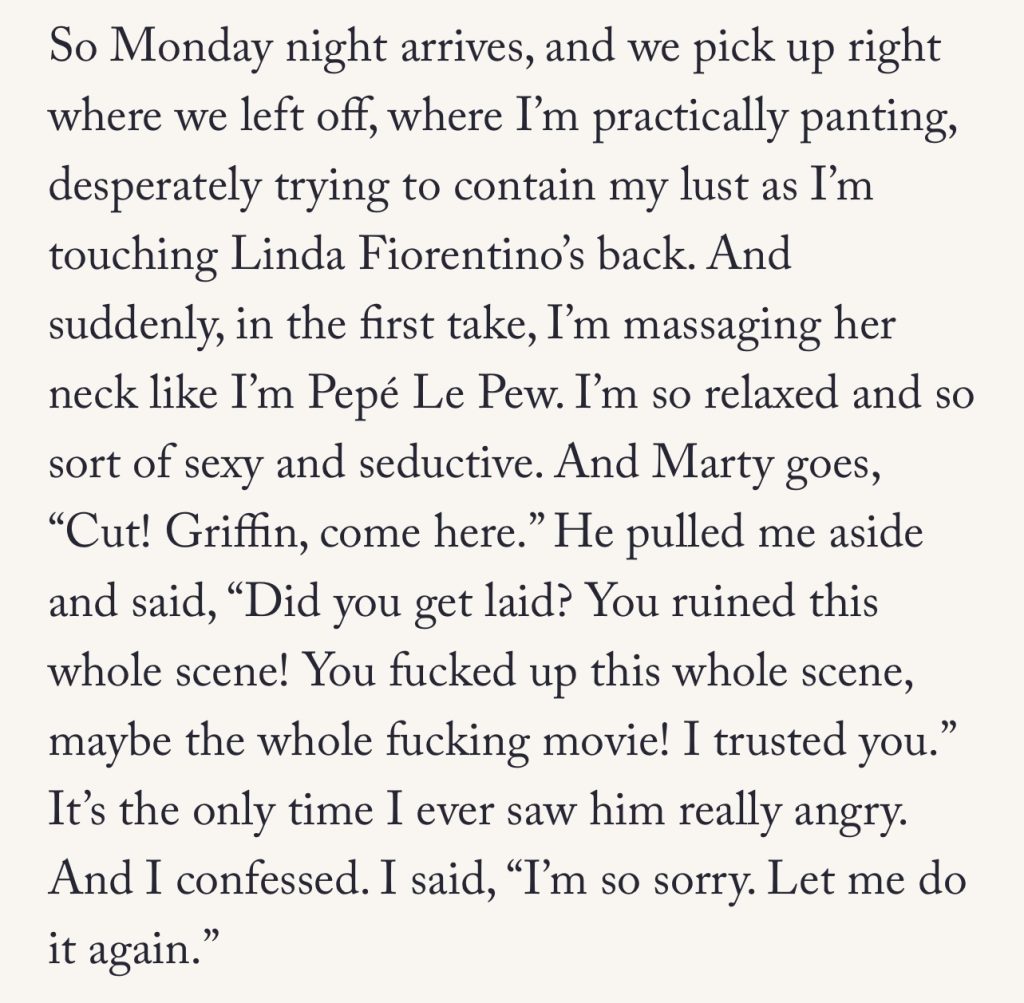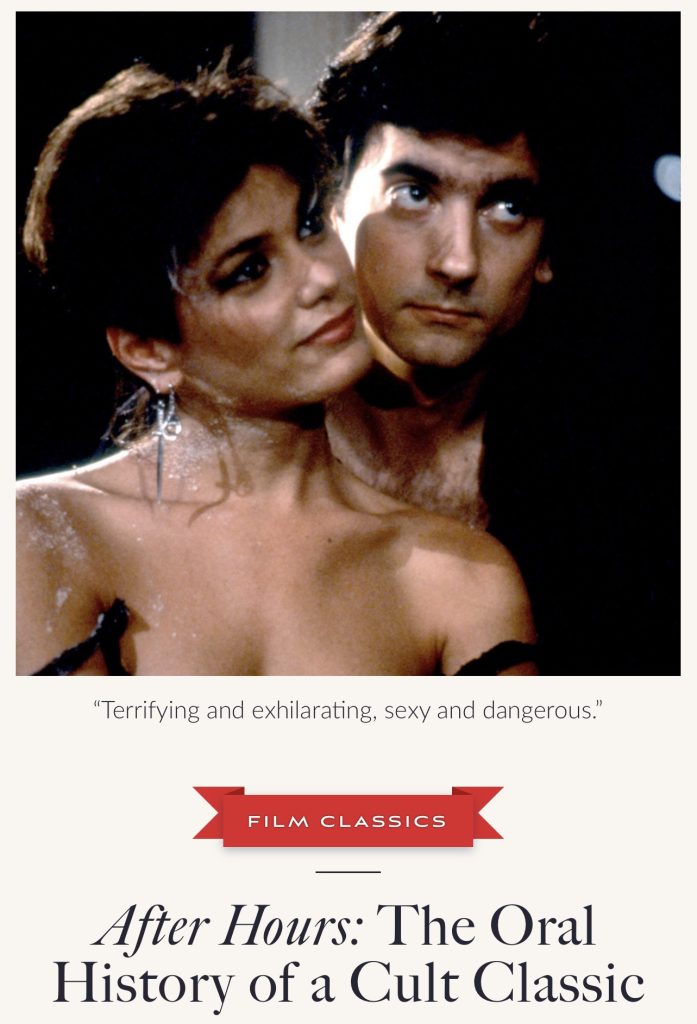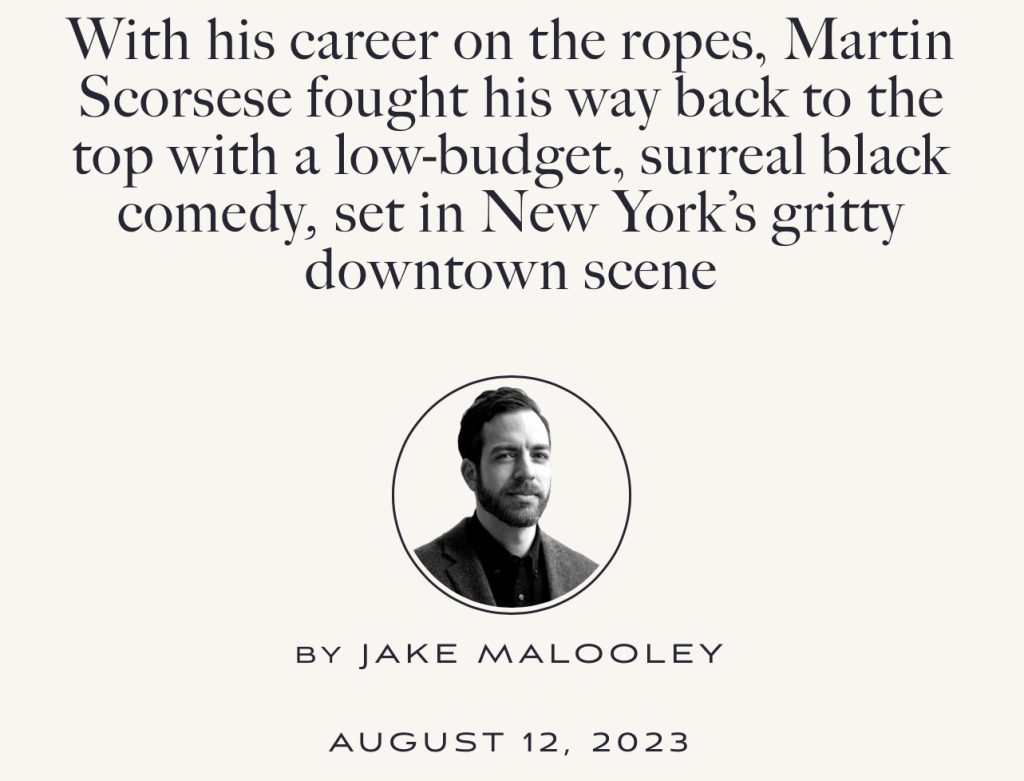In the early ’80s I pitched a monthly colunn idea to Esquire — a column called “Hollywood Weltschmerz: The Celebrity in Pain.” It went something along the lines of “every damn article about every celebrity is always about how great their life is…how productive, creative, exciting, challenging, etc.
“I’m not imagining a column that would seek to portray celebrities as gloom-heads but something that would attempt to convey what it sometimes feels like to carry all that weight…the struggle to keep it all going in some kind of respectable fashion…the anxiety, the setbacks, the maybe moments, puttering along…life is just as short and fraught with peril for wealthy celebs as it is for no-account schlubs…or maybe some kind of darkly humored rough-and-tumble portrait, kind of like what Art Linson went for in “What Just Happened?“”
I didn’t include a Webster’s Online definition of “weltschmerz”, of course, but just to be clear it means “sadness over the evils of the world…an expression of romantic pessimism.”


